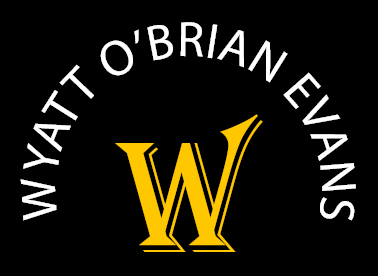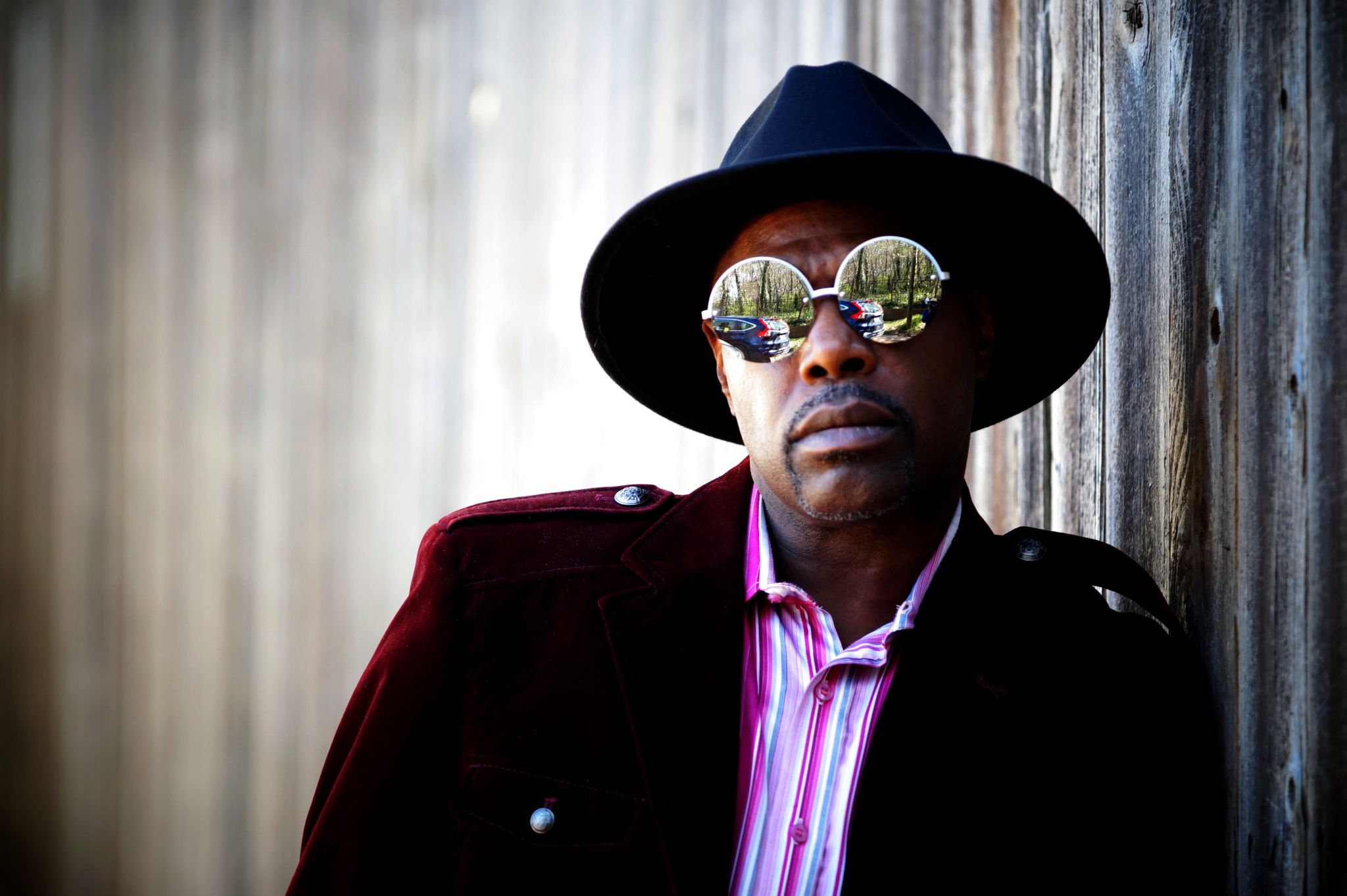“The Most Handsome Man in Harlem”
Guest Writer: Bishop Hartsel Clifton Shirley
A teacher, model, and passionate patron of the arts, Harold Jackman was particularly known for his involvement in the Harlem Renaissance and his dedication to preserving African American cultural artifacts. From the outside looking in, he was beautiful, yet elusive -– that’s the first impression one may have gotten when they noticed “the most handsome man in Harlem” back in the 1920s and 30s.
Jackman was not known for being an author, painter, singer, nor any of the crafts that made the Harlem Renaissance what it was; however, he was still drenched in its essence. And to top it off, Jackman was referred to as THE boulevardier (the wealthy fashionable socialite) of Harlem.
The son of a West Indian mother and a father of unknown origins, Jackman was born on August 18, 1901, in London. When he was a child, his mother Maud moved him and his sister to Harlem.
Jackman attended the prestigious all-boys DeWitt Clinton High School in the Bronx. After graduation, he attended New York University, earning a Bachelor’s Degree. And in 1927, he obtained his Master’s from Columbia.

At DeWitt, he met poet and novelist Countee Cullen. These two males were titled the “Jonathan and David of the Harlem Renaissance.”
Jackman and Cullen would have an undeniably close relationship. Some speculated that they were just friends. However, it was shortly after marrying Yolande DuBois, daughter of W. E. B. DuBois—with Jackman as the best man–that Cullen would whisk away to Paris with his “special” friend.
Cullen was noted as saying that the marriage was “the solution to my problem” (translation: the poet was gay.) The marriage ended after he confessed his true desires to his wife.
The debonair Jackman was a fixture in Harlem–and everywhere that mattered. For three decades, he taught social studies for the New York public school system. His social life was replete with modeling and the arts; in 1926, he helped establish the Krigwa Players Little Negro Theater.
In 1929, Jackman directed the Georgia Douglas Johnson’s play “Plumes” for Krigwa; in that same year, he was part of the founding of the Harlem Experimental Theater.
This arts enthusiast wore quite a few hats: he was a member of the American Theater Wing Stage Door Canteen, the Urban League, and the Negro Actors Guild, serving on its executive board. Between 1935 and 1956, he was associate editor of New Challenge Magazine, and contributing editor to Phylon (a semi-annual peer-reviewed academic journal covering culture in the United States from an African-American perspective) founded by W.E.B. DuBois, the pivotal and influential historian, and civil rights activist.

Jackman became an avid collector of African American collectibles and Black cultural relics; his journals and collections are still utilized as resources for historians and writers to this day. His collections are in depositories spanning across the United States, including Tulane University and the Amistad Research Center.
An indisputable part of Harlem’s gay community, Jackman was an enthusiastic supporter of the Hamilton Lodge Ball – a yearly masquerade drawing thousands of men and women dressed in drag. He also spent time in Europe, especially Paris, his playground away from home.
The Parisian capital was where he met writer Edouard Roditi; the two had a long and noted relationship. Ever the socialite, Jackman associated with many well-known figures of the Harlem Renaissance, including Claude McKay, Wallace Thurman, and Langston Hughes.
On July 8, 1961, Harold Jackman passed away in a Maine hospital. His estate was estimated at $40,000, which is $346,414 in 2020 dollars. Upon his death, the Cullen-Jackman Collection was founded, combining his and Countee Cullen’s collections.
This avid patron of the arts was one of the first to collect artifacts from the rich history and culture of Black gay history-makers–and in turn, helped to prove with undeniable evidence that…

Bishop Hartsel Clifton Shirley is an author, writer, singer/songwriter, and bishop from Waterloo, Iowa. He received his master’s degree in business from the International Business Management Institute based in Berlin, Germany.
Currently residing in Atlanta, Mr. Shirley is a bishop of National and International Social Action, part of New Direction Overcomers’ International Fellowship (based in Richmond, Virginia).
A multi-faceted talent, Hartsel is a writer, author, and singer/songwriter. A bronze prize winner of the International Society of Poets, he has penned editorials for the Waterloo/Cedar Falls Courier. His best-selling novel is entitled Three Words, Four Letters, published by Ishai Books. Additionally, Hartsel has charted at #1 several times on the ReverbNation pop music charts.
Inspired by Langston Hughes, Bishop Shirley states, “I write what moves me. There is nothing I can’t write. I just have to care about it so I can write truthfully.”
According to Hartsel, his current book, The Night Eddie Sallis Died, is based on factual information he uncovered in 2002 about a 1966 jail cell “suicide” in Waterloo, Iowa (his place of birth). This revealing and riveting book pulls back the curtain on racism and police brutality. The author emphasizes, “These truths make Iowa a state not to be taken lightly–nor forget.”



Leave A Comment